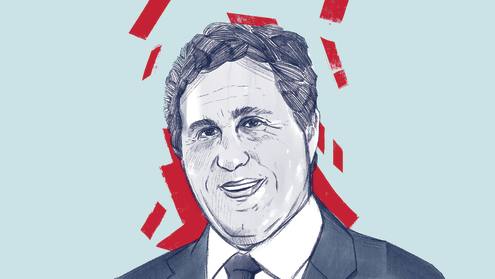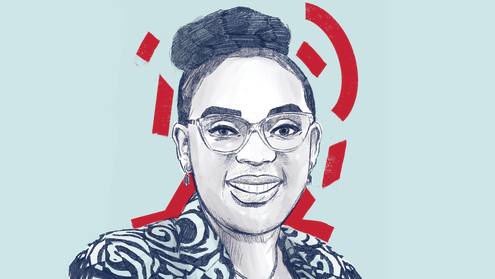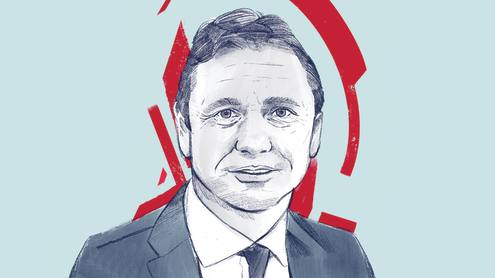Brazil should speak up and take action to support global and regional trade at a time when international relations are being tested, says the governor of the state of São Paulo, Geraldo Alckmin, who has been touted as a possible presidential candidate in Brazil’s October elections.
The experienced politician refers to the shift of geopolitical power from the US to China – Brazil’s former and current top trade partners, respectively. While the US is questioning trade agreements and putting up protectionist barriers, China is extending alliances and finance to support global trade and the development of infrastructure. Brazil has a role to play in all of this, according to Mr Alckmin, who says: “[We must] contribute to the redesign of the global order, strengthening our reputation as a supporter of [sustainable economic] development. Brazil must relate to the main players in the global economy and politics, such as China.”
Building blocks
Mr Alckmin wants greater participation of Chinese funds in Brazil’s infrastructure projects as the government seeks to attract private investors to the sector and ease pressure off the public budget. He supports this despite concerns within the country about the Asian behemoth's growing presence in key industries; China’s deep pockets and highly compatible trade profile make it a good partner in infrastructure too, he insists, as better transport connections mean smoother, less costly trade.
Matched with a solid public-private partnership (PPP) programme, foreign capital will serve the country well – as it has the state of São Paulo, says Mr Alckmin. “I defend [the idea] that Brazil has to seek to have China as its main partner in [PPPs] that build infrastructure, a model adopted by [the state of] São Paulo two decades ago,” he says.
We must minimise the differences between [Mercosur] member countries and converge with respect to regulation such as on taxes, intellectual property, services, investments and the environment
Brazil’s wealthiest state has been promoting collaborations between other states and private investors. In August 2017, it signed an agreement to share its PPP knowledge with other Brazilian administrations – a knowledge based on a total of 130bn reais ($41.6bn) worth of projects, according to analysts. On its part, China has already displayed a large interest in Brazil’s infrastructure, having invested a total of $1.2bn in infrastructure-related deals, according to think tank Inter-American Dialogue.
Talking up trade
Mr Alckmin is resolute on the importance of a strong Brazil-China relationship and its positive impact on the whole of the region. Better trade ties and a growing interest in improving local transport connections will benefit commerce between Latin American countries too, he says, as any trade partner would benefit from the subsequent lower costs of a better equipped Brazil-China trade route, starting from members of Mercosur, the customs union with Argentina, Paraguay and Uruguay, where Brazil accounts for 75% of the bloc’s economy.
Furthermore, Mercosur is attempting to map out a convergence plan with another regional bloc, the Pacific Alliance, Latin America’s most successful trade area formed by Chile, Peru, Colombia and Mexico. Brazil must assume a leading role in this convergence process too, says Mr Alckmin.
When it comes to Mercosur, Mr Alckmin says: “We must minimise the differences between member countries and converge with respect to regulation, such as on taxes, intellectual property, services, investments and the environment. [We must harmonise] promotion policies for the productive sectors through a common institution to [Mercosur] countries, an action that requires a [committed] Brazil. This involves the financing and construction of a physical network, through highways, railways and ports, as well as energy integration. This way, Mercosur would have enough strength, as a whole, to [converge with] other strategic blocs.”
Latin America’s largest economy should rise to the challenge and help shape the future of the whole region, as well as the future order of global trade. Chinese financing would help to fuel such efforts.













